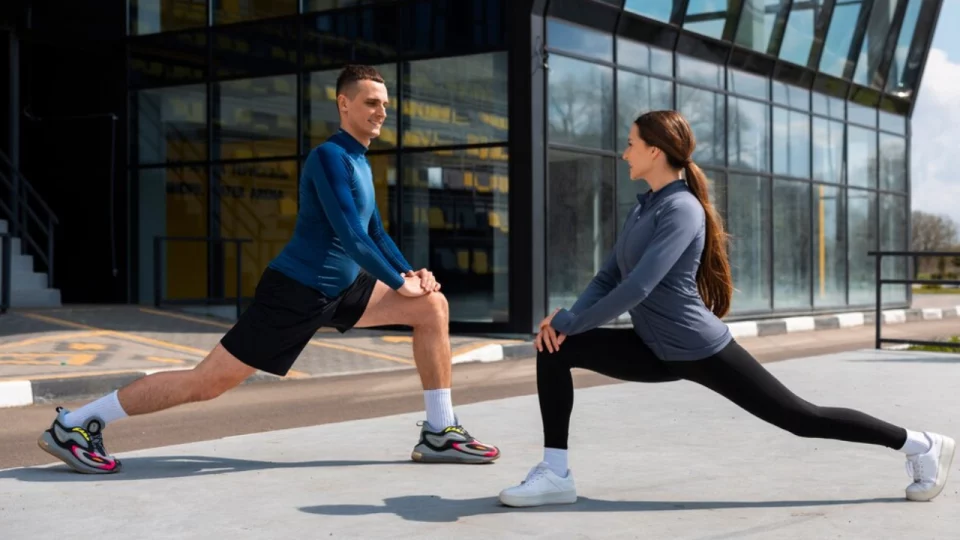In a groundbreaking review, researchers from the University of California, Santa Barbara, have unveiled compelling evidence that short bursts of vigorous aerobic exercise can significantly enhance cognitive functions.
Analyzing over 100 studies involving more than 4,000 healthy adults, the study, published in Communications Psychology, reveals that exercise sessions lasting less than 30 minutes are particularly effective in boosting brain power.
Table of Contents
The Intersection of Physical Activity and Cognitive Enhancement
The relationship between physical exercise and cognitive improvement has been a focal point in neuroscience and psychology. Regular physical activity is known to release endorphins, the body’s natural mood elevators, and strengthen muscles, thereby enhancing daily functional capabilities. However, the specific impact of exercise duration and intensity on cognitive functions has remained under investigation.
Neuroscientist Barry Giesbrecht, the senior author of the study, emphasizes that while long-term exercise programs are beneficial, even a single, short session of vigorous aerobic exercise can sharpen thinking skills. This finding is particularly relevant in today’s fast-paced world, where individuals often struggle to allocate time for extended workout routines.
Key Findings from the Review
The comprehensive review assessed various studies to determine the effects of individual exercise sessions on the brain. The key findings include:
- Duration Matters: Exercise sessions lasting less than 30 minutes were more effective in enhancing cognitive functions compared to longer sessions.
- Intensity is Crucial: Vigorous aerobic exercises, such as High-Intensity Interval Training (HIIT), provided the most significant cognitive benefits.
- Immediate Impact: Even a single session of short, intense exercise can improve thinking skills, suggesting that cognitive enhancements can be achieved without long-term commitments.
Implications for Daily Life
These findings have profound implications for individuals seeking to boost productivity and cognitive performance. Incorporating short, vigorous exercise sessions into daily routines can lead to immediate improvements in mood and cognitive functions, potentially enhancing work performance and overall quality of life.
Moreover, the study suggests that even if one can only fit in one or two workouts per week, these sessions are still beneficial for both brain and body. This is encouraging for those with busy schedules, as it highlights that significant cognitive benefits can be achieved without extensive time commitments.
Supporting Evidence from Recent Studies
The findings from this review are supported by recent studies highlighting the cognitive benefits of short, intense exercise sessions. For instance, a study published in the British Journal of Sports Medicine found that engaging in physical activity just once or twice a week can reduce the risk of mild cognitive impairment, a precursor to dementia, by an average of 15%. This “weekend warrior” exercise pattern provides cognitive health benefits similar to those who exercise more frequently.
Additionally, research has shown that regular aerobic exercise can increase the size of the hippocampus, the brain area involved in verbal memory and learning. This suggests that even short, intense exercise sessions can have a lasting impact on brain structure and function.
Practical Recommendations
For individuals looking to incorporate these findings into their daily lives, the following recommendations can be considered:
- Opt for Short, Intense Workouts: Engage in vigorous aerobic exercises, such as HIIT, for sessions lasting less than 30 minutes to maximize cognitive benefits.
- Consistency Over Frequency: Even if limited to one or two workouts per week, maintaining consistency can still yield significant cognitive improvements.
- Integrate Exercise into Daily Routine: Utilize short breaks during the day for quick exercise sessions to enhance productivity and cognitive function.
- Monitor Intensity Levels: Ensure that the exercise intensity is sufficient to elevate heart rate and induce sweating, as these are indicators of vigorous activity.
